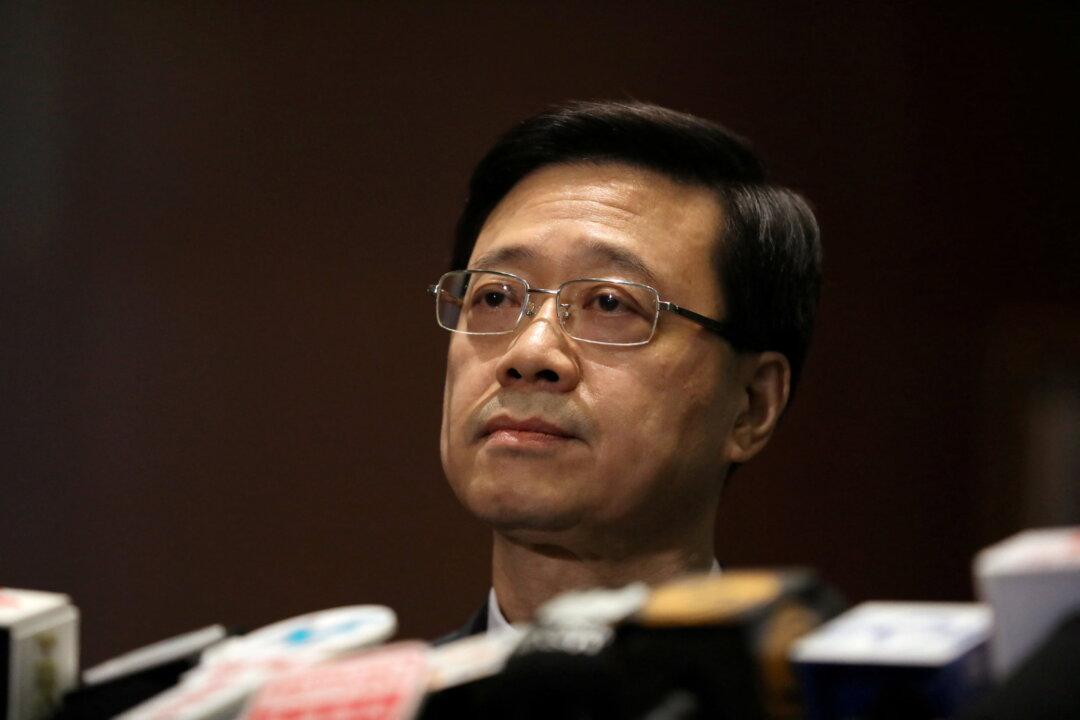Commentary
This July has been an unusual month in Hong Kong. First, Xi Jinping, China’s leader, came to inaugurate Hong Kong’s new cabinet members. Chief Executive John Lee, a former policeman, was cherry-picked by Beijing to take up the top job.

This July has been an unusual month in Hong Kong. First, Xi Jinping, China’s leader, came to inaugurate Hong Kong’s new cabinet members. Chief Executive John Lee, a former policeman, was cherry-picked by Beijing to take up the top job.